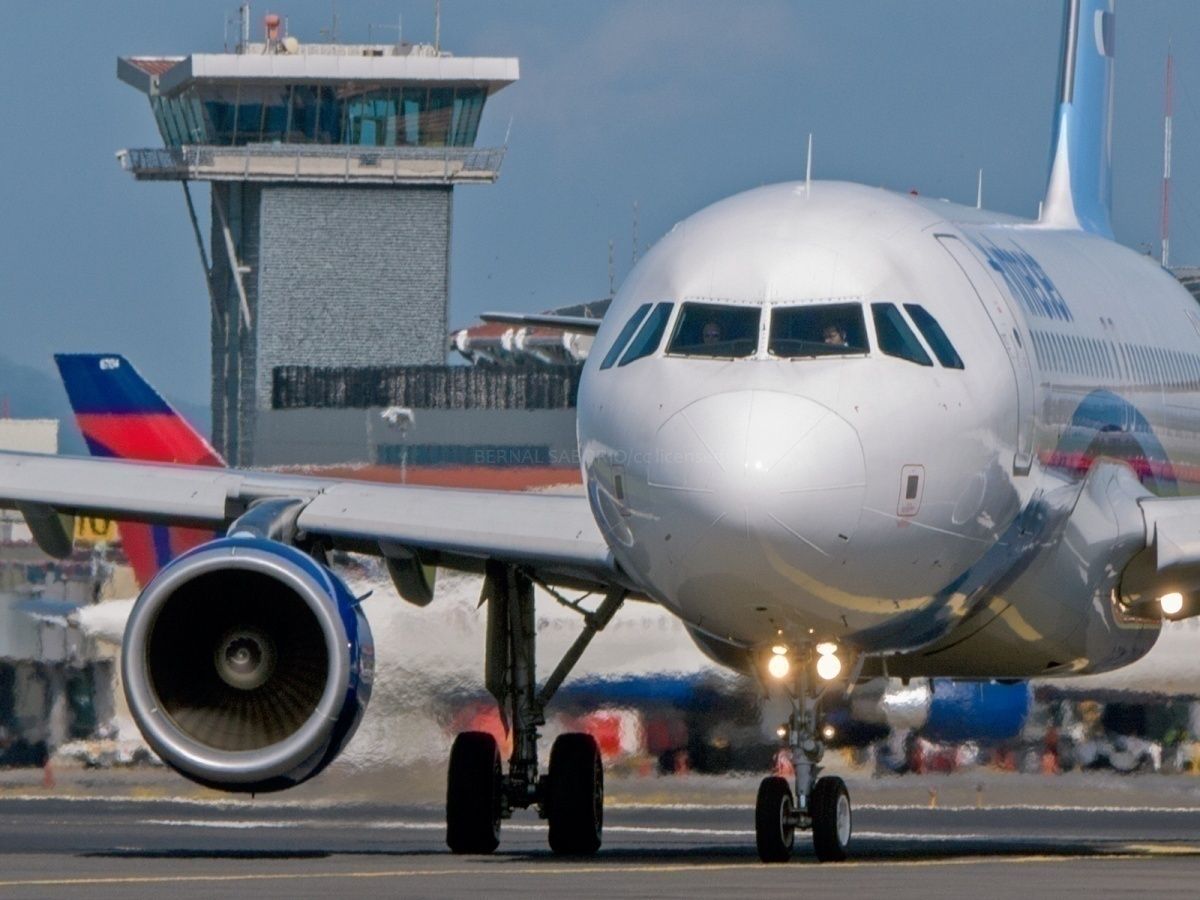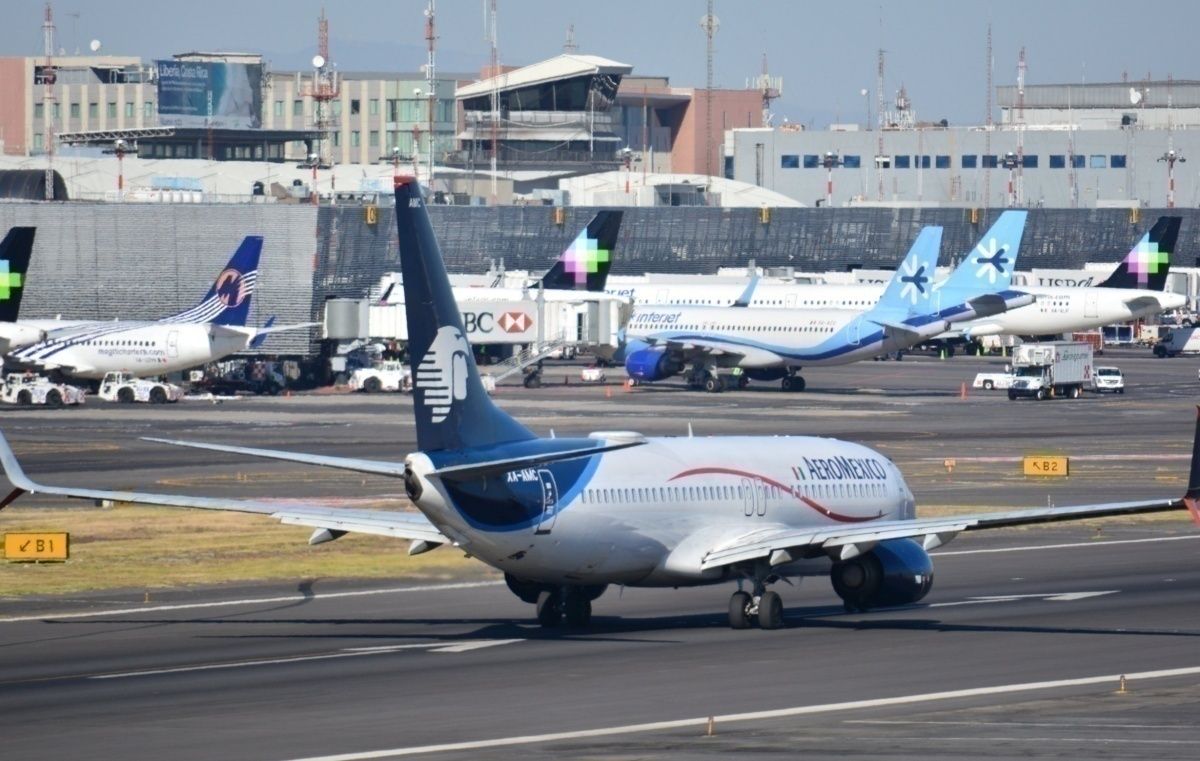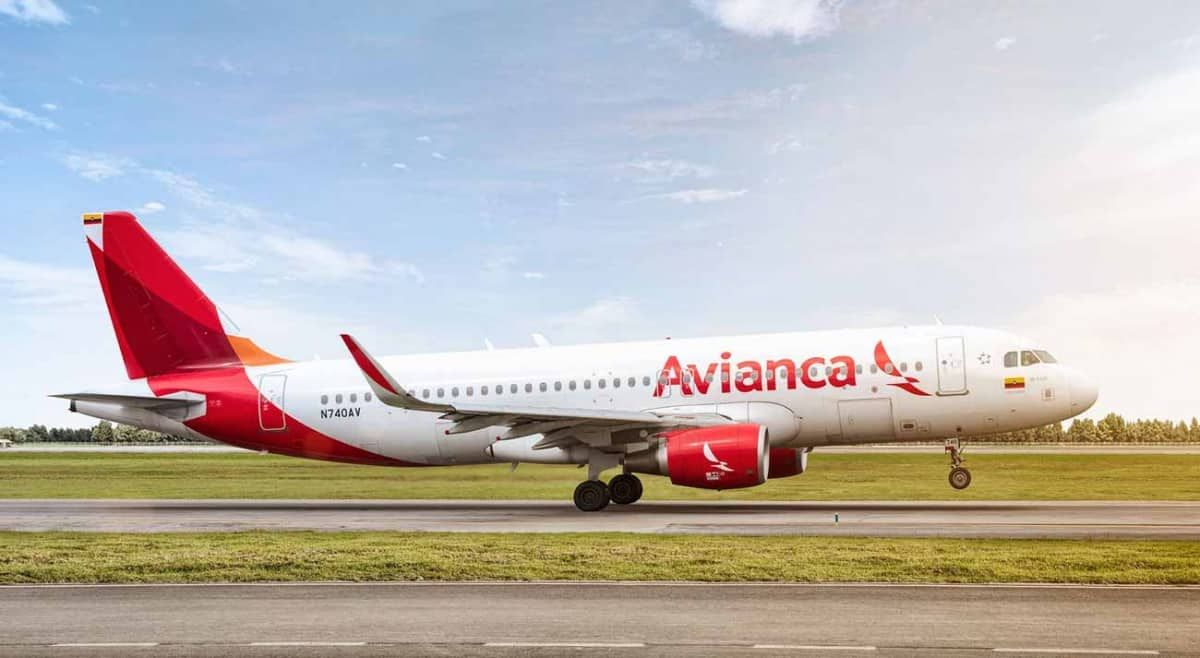The flight shame movement, or flygskam, is still a very European thing. Maybe it is starting to appear in the USA. But, in Latin America, the Greta effect is still a distant problem. Let's see why.
Will flight shame ever arrive in the region?
At the moment, domestic flights are booming in Latin America. People in the region aren’t too worried about the impact aviation has on the climate. The fact is that, until recently, many cities in the region were unserved. Now they are finally getting the benefits of aviation, people want to fly.
The two most important countries in the region, Brazil and Mexico, had great numbers in the year-to-year comparison of domestic growth. Airlines such as Azul, GOL, Volaris, Interjet and Viva Aerobus had a great 2019 in terms of passengers. And, almost no one complained about the impact on the environment.
But it is not only the people. Also, governments in Latin America aren’t too worried about this topic either. Just a few countries are taking the first steps for the development of new technologies and biofuels that may help commercial aviation reduce its footprint.
That’s what Juan Sarmiento head of the environmental department at ALTA said last year in an interview with local media outlet A21,
"We urge Governments to send incentives to the air industry. Let’s take into account that other transport industries have developed technologies such as electric cars. These are more accessible than electric planes, as the latter will not operate commercially at least until after 2030.”
What are airlines doing?
Airlines in Latin America are some of the youngest worldwide. The fleet in the region is just eight years old, way younger than the European and North American fleets. Also, globally, aviation is responsible for 2% of CO2 emissions. Of this, Latin America is responsible for just 0.09%.
Currently, almost every airline in Latin America is renewing its fleet. Viva Aerobus is introducing its new A321neo planes; Grupo Aeroméxico, Copa, GOL and Aerolíneas Argentinas have big MAX orders; Avianca committed to getting rid of almost 30 airplanes while maintaining previous orders.
Also, ALTA, the airline Association for Latin America and the Caribbean, is involved in the matter. The main topic for the ALTA Leaders Forum, which will take place in October in Colombia, will be the environment.
And what about CORSIA?
Currently, just five countries in the Latin American region have signed to be a part of CORSIA. These are Mexico, Guatemala, Costa Rica, Dominican Republic, and Jamaica. This leaves an enormous section of the continent out of the scheme that will mitigate CO2 emissions. As Juan Sarmiento said,
“The challenges for CORSIA are the lack of experience by the local authorities in this kind of scheme; the quantification of the costs for the near and far future and the lack of independent institutions to verify its development.”
To summarize, it is not that people in Latin America don’t care about the environment. In reality, what is happening is that there is not a lot of information in the region about the impact of the air industry.
What do you think? Will flight shame ever arrive in Latin America? Let us know in the comments.



